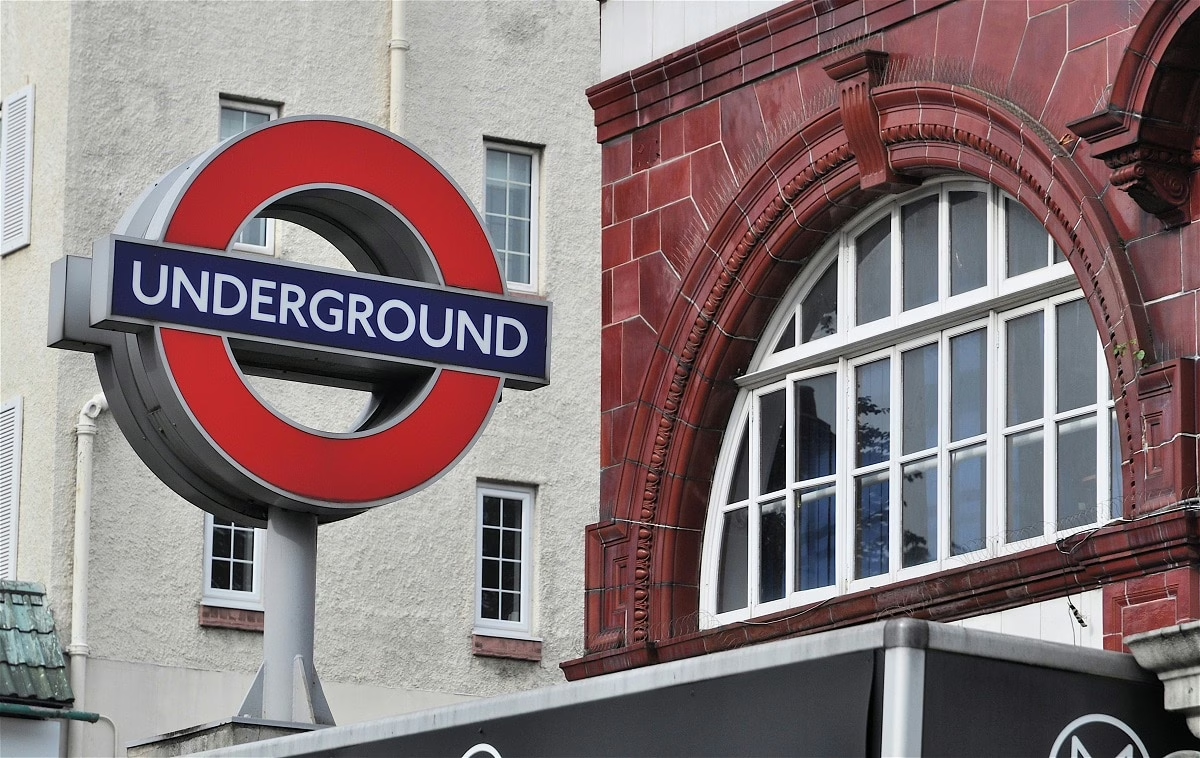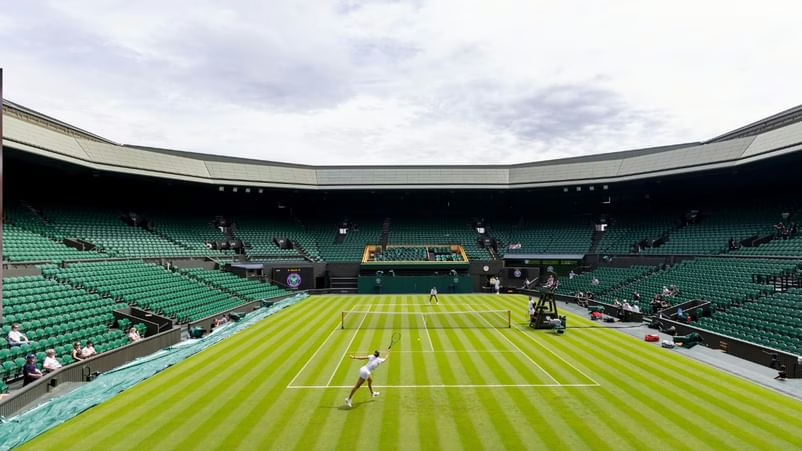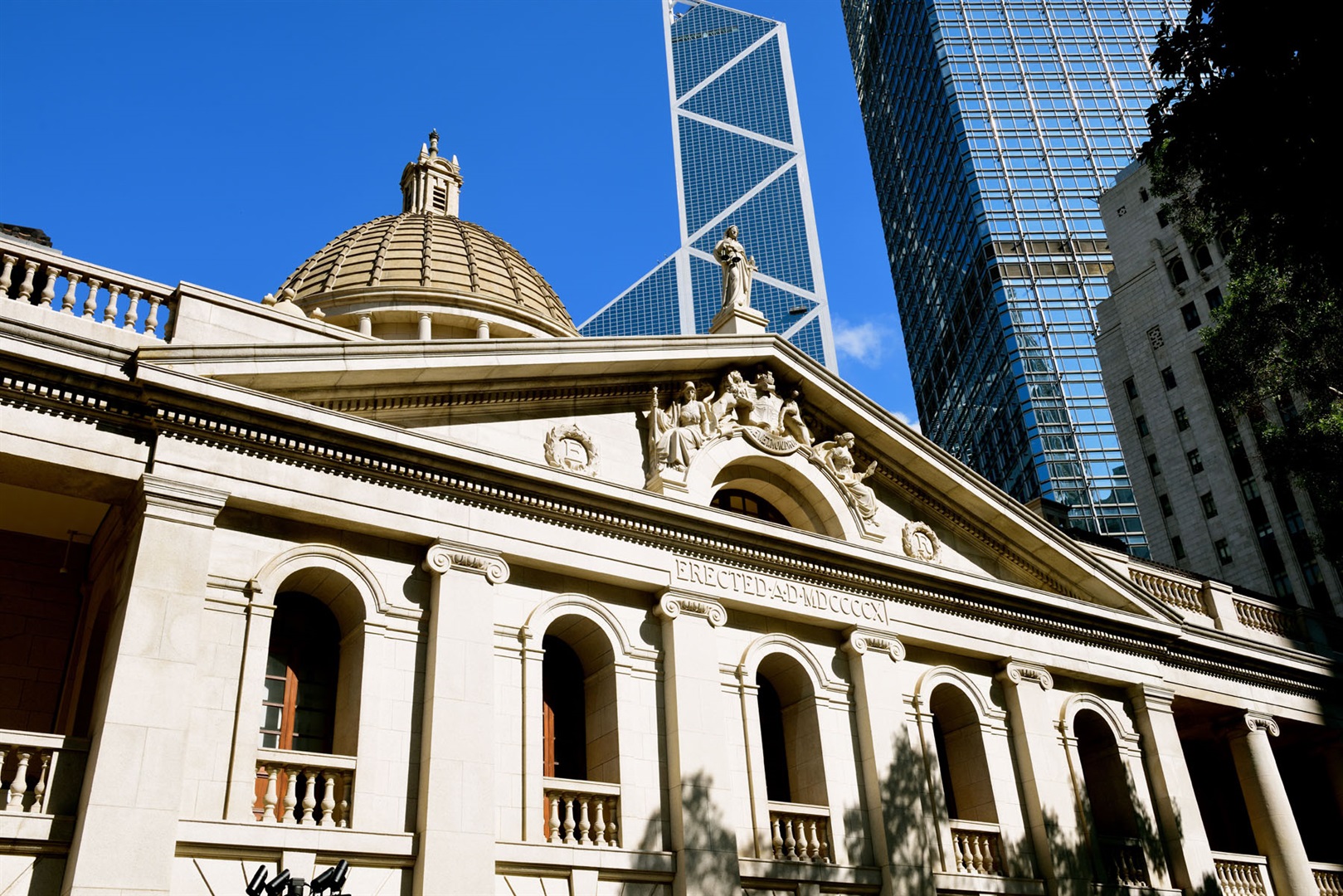A ferocious fire at a southwest London substation yesterday (12 May) triggered a massive power outage, bringing the London Underground and parts of the Overground to a screeching halt. Tens of thousands of commuters were stranded as multiple Tube lines ground to a standstill, with passengers trapped in tunnels and stations overwhelmed by crowds. The chaos has reignited fears over the UK’s creaking infrastructure: are hackers to blame, is ageing equipment at fault, or is the looming water crisis pushing the nation to breaking point?
Tube Paralysis Brings London to Its Knees
The disaster struck around 2:30 PM when a blaze at the substation crippled the National Grid’s power supply. Transport for London (TfL) reported that the outage lasted mere minutes, but it was enough to “completely shut down” the Underground. The Bakerloo, Jubilee, Northern, Waterloo & City, and Elizabeth lines were all affected, with some lines fully suspended and others facing severe delays. Stations like Paddington and Tottenham Court Road saw frantic evacuations, while some passengers were stuck in pitch-black carriages inside tunnels for hours.
“I was trapped in a carriage with no lights, the air getting stuffier by the minute,” one Northern line commuter fumed. “TfL was totally unprepared – we had no idea when we’d get out!” The afternoon rush hour turned into a nightmare, with stations mobbed and London buses overwhelmed. TfL announced that Tube tickets could be used on buses, but the Bakerloo and Jubilee lines remained disrupted until nearly 11 PM, leaving commuters seething.
Power Failures Pile Up, Airports Not Spared
This isn’t the first time the UK has been rocked by power woes. On 21 March 2025, a fire at the North Hyde substation in Hayes forced Heathrow Airport to shut down for 16 hours, cancelling over 1,000 flights and stranding 270,000 travellers. The blaze cut power to all four terminals and left 66,919 homes and businesses in the dark. The National Energy System Operator (Neso) said power was restored by 10:56 AM that day, but knock-on effects lingered.
Just days ago, on 9 May, Manchester Airport’s Terminal 3 was thrown into disarray when a power failure crippled its passport control systems, leaving arriving passengers queueing for hours. These incidents have left the public demanding answers: why is the UK’s critical infrastructure so fragile?
Hacker Fears: Are Public Utilities the Next Target?
Yesterday’s chaos sparked wild speculation online, with some pointing fingers at hackers. Recent cyberattacks on major UK department stores, involving ransomware and data theft, show hackers are growing bolder. If they turn their sights on public utilities like power, water, or telecoms, the fallout could be catastrophic. In 2024, utilities reported 48 successful cyberattacks, a staggering 586% surge from just seven in 2022. Experts warn that tampering with water treatment systems could even endanger public health.
The National Grid and TfL insist initial probes point to “equipment failure,” not hacking, though investigations are ongoing. Cybersecurity experts, however, caution that digitised power systems are increasingly vulnerable. Around 30% of UK substations rely on equipment over 40 years old, well past its intended lifespan, making breakdowns more likely. The March Heathrow fire was also linked to ageing infrastructure. Compounding the issue, the grid’s shift to wind and solar power introduces instability, as intermittent renewables strain outdated systems.
Could the UK withstand a coordinated cyberattack on its utilities? The National Cyber Security Centre (NCSC) has ramped up support, offering free vulnerability scans and emergency response for utilities. A forthcoming Cyber Security and Resilience Bill will slash incident reporting times to 24 hours. Some utilities have adopted network segmentation and real-time monitoring, but ageing systems, a shortage of cybersecurity talent, and supply chain weaknesses remain Achilles’ heels. A study estimates that a cyberattack akin to the 2015 Ukraine grid hack could cost London’s power network £111 million daily and affect 1.5 million people.
Water Crisis Adds Fuel to the Fire
As if power woes weren’t enough, the UK’s water shortages are causing widespread alarm. Water companies have warned that supplies are at historic lows, with reservoirs in southeast England critically depleted. Southern Water, serving 2.5 million customers, says restrictions may be imminent. In 2024, six cyberattacks targeted drinking water systems, raising fears that hackers could exacerbate the crisis by disrupting treatment processes.
Water firms are caught in a bind: they must digitise to boost efficiency while grappling with ageing pipes and pumps. The government’s Water Industry Cyber Security Principles push for risk assessments, but cash-strapped companies struggle to keep up. Experts urge more investment to tackle both drought and cyber threats.
Politicians Roar: When Will Infrastructure Hold?
The string of failures has sparked outrage. London Assembly Conservative transport spokesman Keith Prince thundered: “From Heathrow to Manchester to the Tube, and now water shortages – the government and TfL owe us answers! Hackers? Decrepit equipment? This can’t go on!” He demanded urgent probes and a full overhaul of infrastructure.
Energy analyst Sarah Thompson warned: “Power and water systems are at breaking point. The government must pour funds into upgrading the grid, bolstering cyber defences, and tackling water scarcity, or we’re headed for disaster.” She called for transparent investigations to restore public trust.
Where Next for London?
Yesterday’s Tube debacle caused no injuries but dealt a heavy blow to the city’s economy and morale. TfL has vowed to work with the National Grid to uncover the cause and prevent a repeat. Yet the Heathrow fire investigation remains unresolved, underscoring the urgency of modernising ageing substations. With energy transitions and water shortages piling on pressure, the UK’s infrastructure faces a make-or-break moment. Can it fend off hackers, fix crumbling systems, and secure water supplies? London’s status as a global hub hangs in the balance.
Discover more from “Bridging Hongkongers. Reporting Truth.”
Subscribe to get the latest posts sent to your email.




